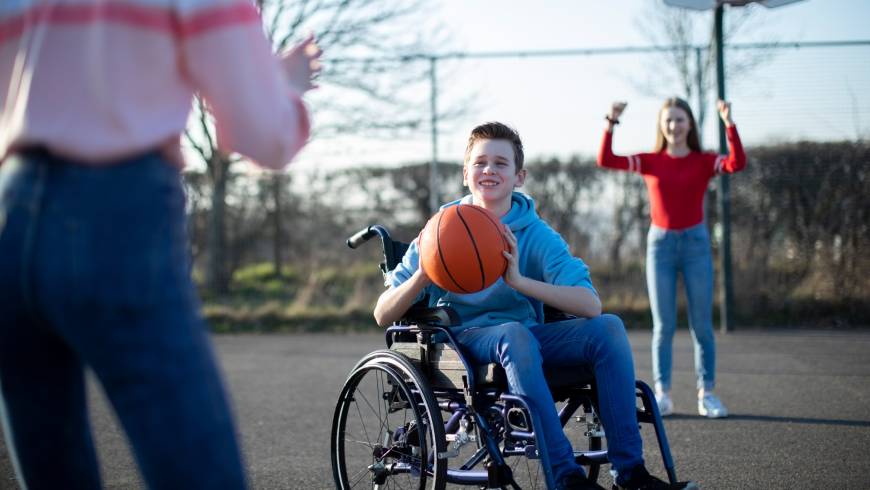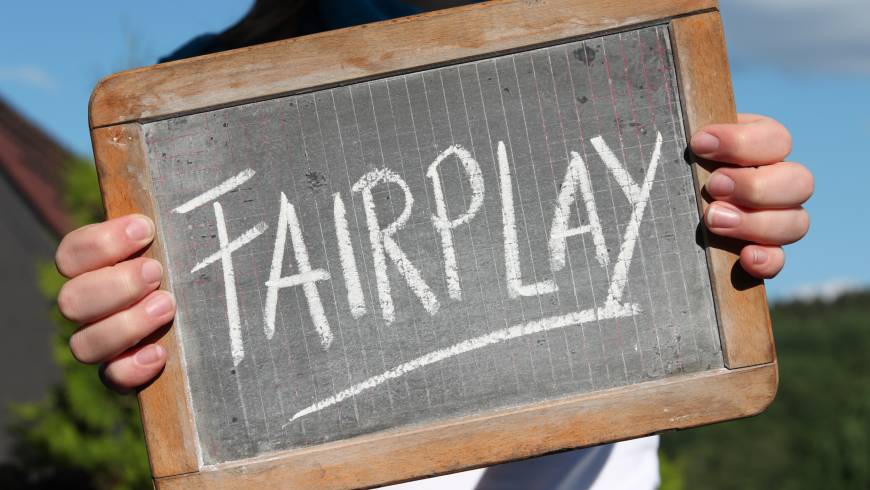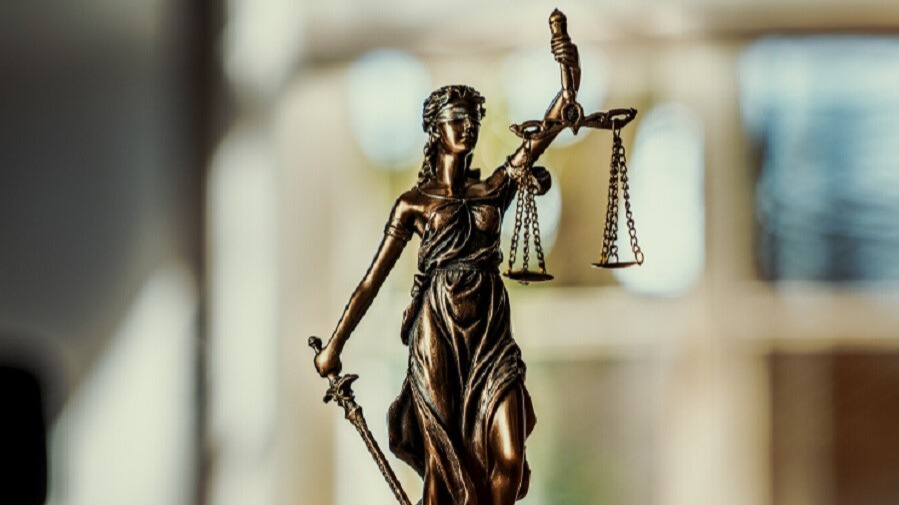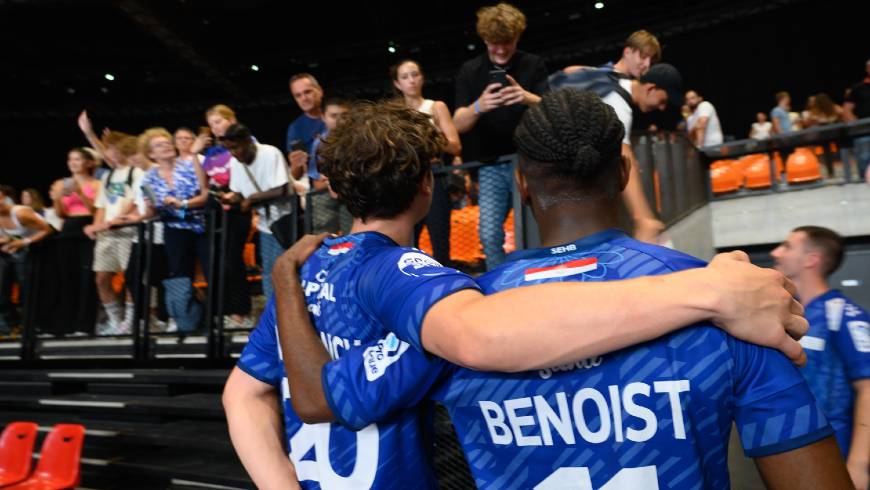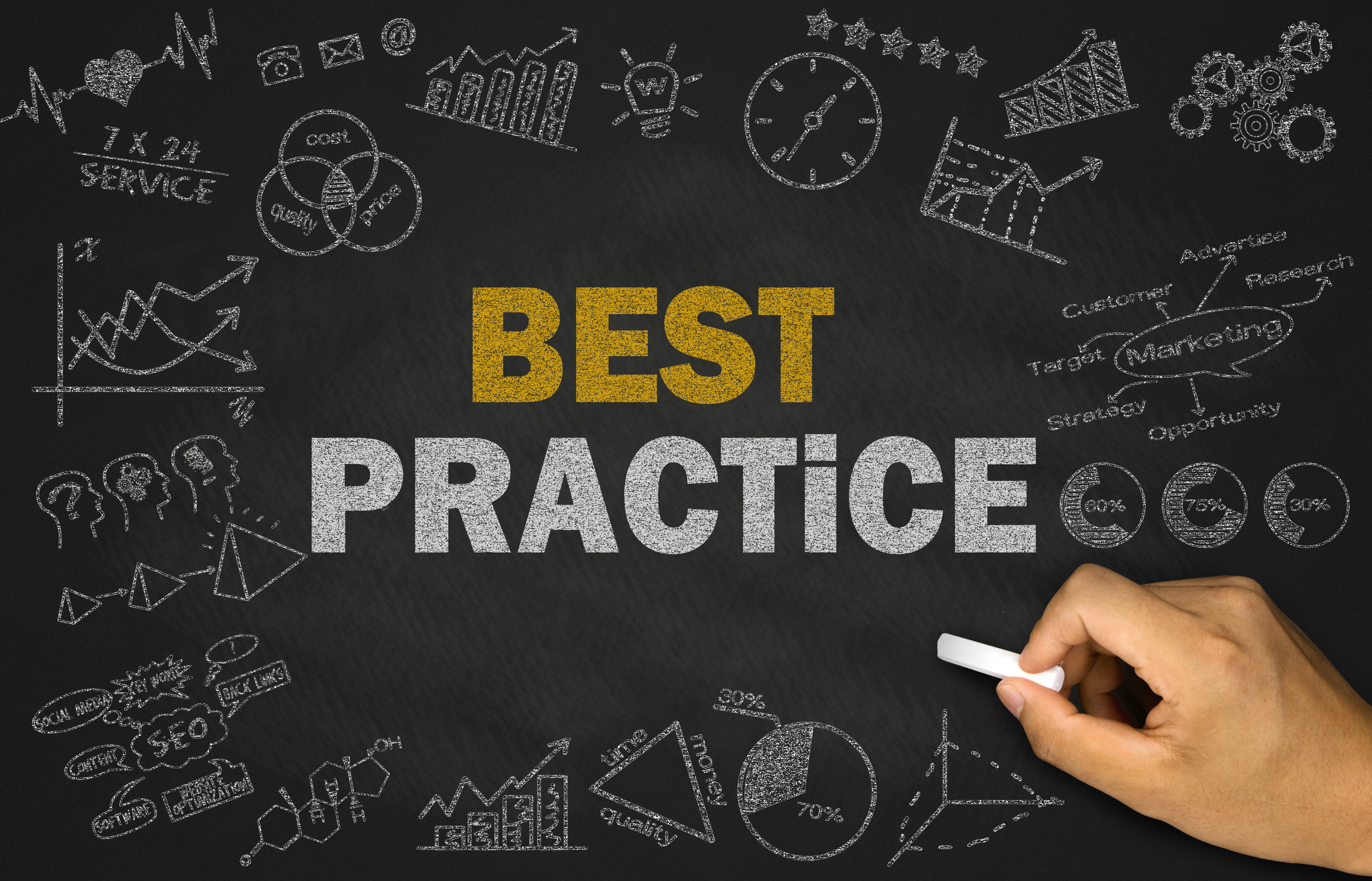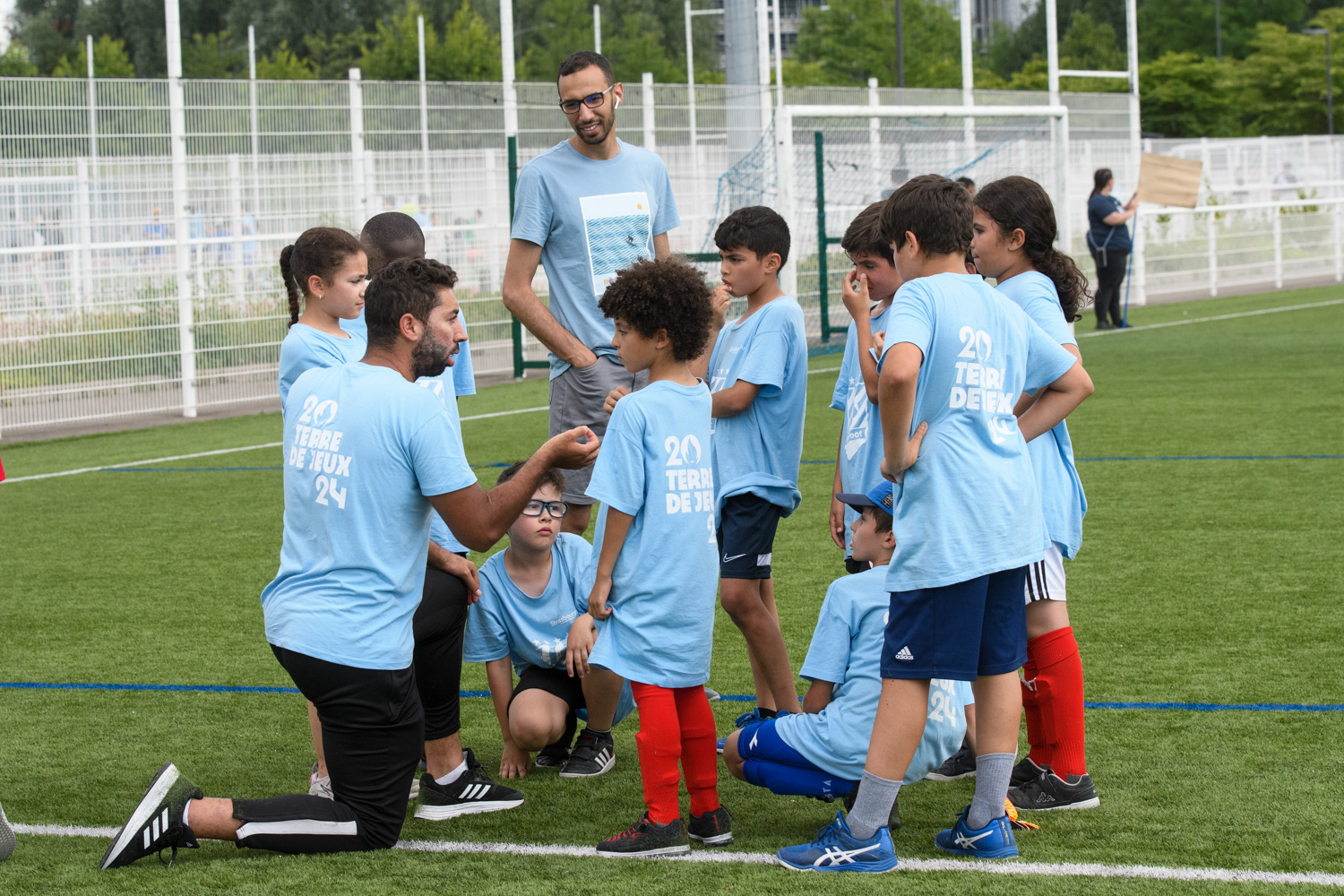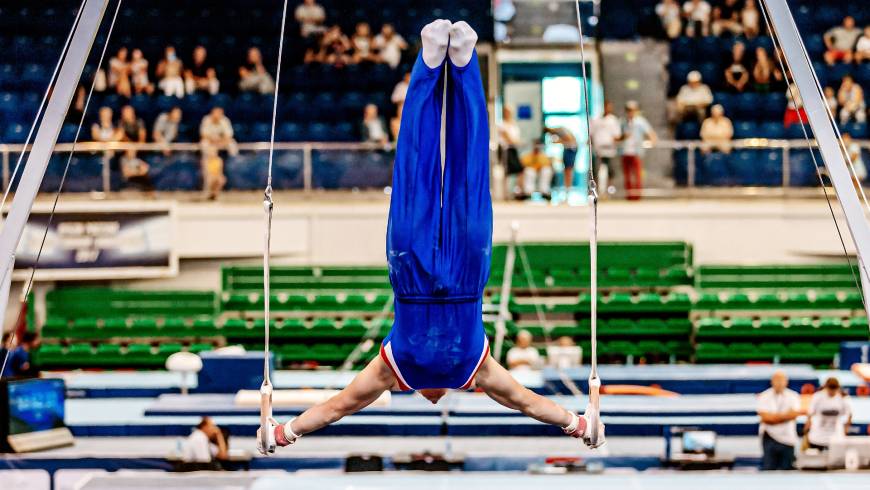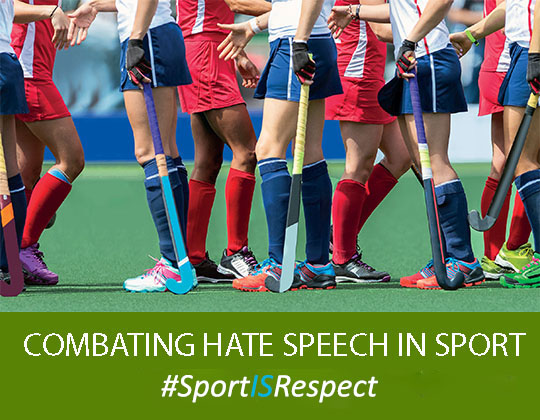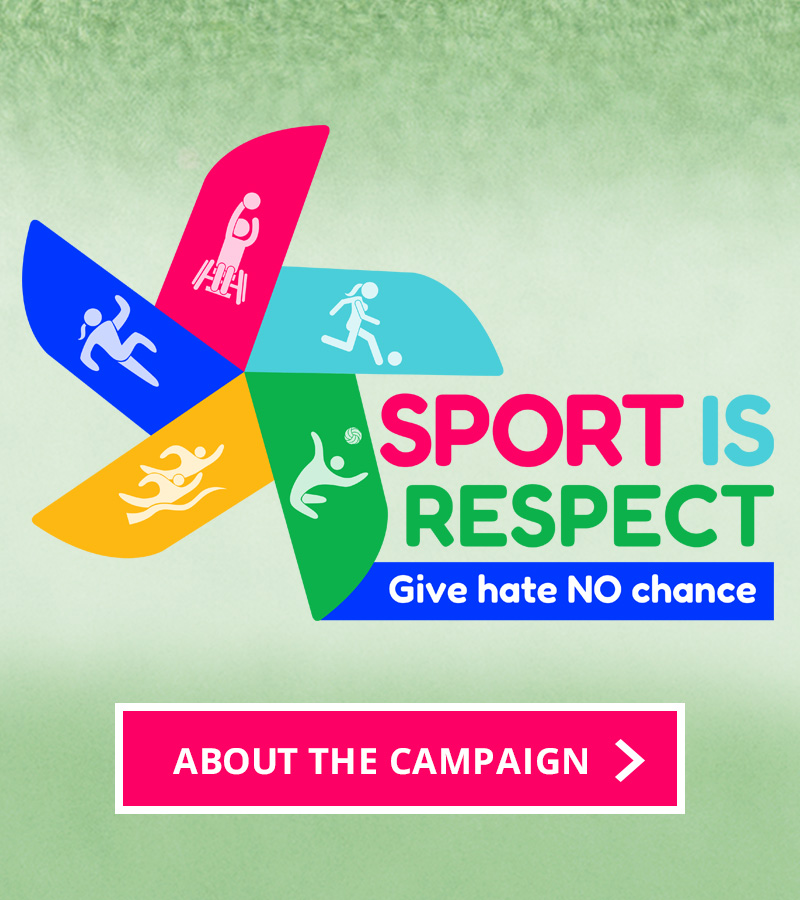Resource centre
One of the specific objectives of this project is setting up an online resource centre providing relevant information on existing tools to combat hate speech in sport. To identify measures to prevent, counter, report and remedy hate speech, notably through the No Hate Speech Movement campaign, the Gender Equality Strategy (2024-2029) of the Council of Europe, the programme of the Enlarged Partial Agreement on Sport (EPAS) and other relevant instruments.
Specific instruments in sport
This project builds on the Council of Europe expertise in the fight against hate speech and in the development of sport policies and norms:
- The European Convention on Human Rights
- The European Social Charter
- The European Sports Charter
- The Council of Europe Convention on an Integrated Safety, Security and Service Approach at Football Matches and Other Sports Events (CETS No. 218), also known as Saint-Denis Convention
- Recommendation on the prevention of racism, xenophobia and racial intolerance in sport (2001/6)
- Recommendation CM/Rec(2010)5 of the Committee of Ministers to member states on measures to combat discrimination on grounds of sexual orientation or gender identity
- Recommendation Rec (2015) 1 of the Standing Committee on Safety, Security and Service at Football Matches and other Sports Events (as revised in 2019 and adopted in 2020)
- Recommendation CM/Rec(2019)1 of the Committee of Ministers to member states on preventing and combating sexism
- Recommendation CM/Rec(2022)16 of the Committee of Ministers to member States on combating hate speech (Adopted by the Committee of Ministers on 20 May 2022 at the 132nd Session of the Committee of Ministers)
- ECRI General Policy Recommendation No. 12 (coe.int)
The project is looking at the findings of the ECRI country monitoring reports, the case-law of the European Court of Human Rights, existing Council of Europe texts and studies of the Anti-Discrimination Department and is part of the legacy of the No Hate Speech Movement Youth Campaign.
The project's aims are embedded in a number of treaty provisions in particular Articles 2 and Article 3 of the Treaty on European Union (TEU), and Article 10, Article 19 and Article 67(3) of the Treaty on the Functioning of the European Union (TFEU).
The general principles of non-discrimination and equality are also reaffirmed in the Charter of Fundamental Rights of the EU, which – under the Lisbon Treaty – has the same legal value as the Treaties. The Charter states explicitly in its Article 20 that everyone is equal before the law. Its Article 21(1) further prohibits “any discrimination based on any ground[s] such as sex, race, colour, ethnic or social origin, genetic features, language, religion or belief, political or any other opinion, membership of a national minority, property, birth, disability, age or sexual orientation”.
The project is looking at the findings of the ECRI country monitoring reports, the case-law of the European Court of Human Rights, existing Council of Europe texts and studies of the Anti-Discrimination Department and builds on the legacy of the No Hate Speech Movement Youth Campaign.
Main categories
The project aimed at establishing an online resource centre to provide relevant information on combating hate speech in sport.
Drawing on the valuable insights and good practices implemented by France, Germany, Greece, Italy, Montenegro and Spain, the initiative carefully gathered information in the following key thematic areas.
Promoting inclusion: Strategies to combat discrimination in sport. It provides inputs to address discrimination and social exclusion based on age, race, sex, sexual orientation, and disability, with the overarching goal of promoting equality and fostering a safe and inclusive sports environment.
Raising awareness and fostering educational campaigns in sport: It emphasises the promotion of a sport culture rooted in the principles of fair play and mutual respect. It highlights the transformative power of education and awareness-raising campaigns and their fundamental role in instilling these values in athletes, coaches, supporters, and referees.
Advancing legislative measures: It highlights the urgent need for a robust legal framework and the implementation of legislative measures to uphold equality and inclusion in sport.
Eradicating online hate: It seeks to empower stakeholders with effective strategies and AI tools to tackle online abuse and promote a culture of respect across the digital sport community.
Our efforts are closely aligned with the broader commitment of the CoE to address hate speech and hate crime.
For a comprehensive understanding of the topic, please refer to the following web-page.
Hate speech is often intertwined with discriminatory beliefs, fuelling division within societies, and undermining the unifying and inclusive potential of sport.
Acknowledging this reality underlines the urgent need to combat racism, ethnic discrimination, sexism, and social exclusion while fostering mutual respect across all sports, including the online realm and stadiums.
From this perspective, one of the most powerful strategies is to proactively develop and implement educational initiatives.
By nurturing principles of mutual respect and inclusion from an early age, we strengthen the foundations of our communities.
These programmes act as a shield against intolerance and ensure that future generations embrace diversity and champion unity.
#SportIsRespect
Promoting and nurturing sport values is paramount in shaping a positive and inclusive sports culture, especially for young players and supporters.
By raising awareness of the importance of integrity, fair play, and respect for competitors, we foster sporting spirit and lay the foundations for a more inclusive and cohesive society.
Through education and active participation, we can empower young athletes to support the development of a healthy and safe sport environment, both on and off the field, thereby enriching the sporting experience for all participants and spectators alike.
#SportIsRespect
A solid and effective legal framework is essential in the fight against hate speech, necessitating the implementation of preventive, punitive and rehabilitation measures.
By establishing clear laws and regulations that explicitly define and prohibit hate speech, we create an environment preventing its proliferation.
Through a combination of legal recourse and proactive initiatives, we can work towards a society where hate speech is prevented, addressed, and penalised.
To achieve this and foster a harmonious sport community for all, our six partners have implemented both administrative and criminal punitive measures, along with rehabilitation programmes for offenders and those affected by hate speech.
#SportIsRespect
In today's digital age, tackling online abuse has emerged as a critical issue, that requires implementation of effective legislation. Testimonies from all sport actors, in particular players and referees, provide valuable insights into the nature of this phenomenon and its profound impact on both their personal and professional lives, as well as those of their families. It is therefore crucial to raise awareness of the detrimental effects of online abuse on the mental well-being and performance of victims. In response to this growing concern, many companies have developed software to monitor, moderate, and combat online abuse, and to protect social channels from hate speech, harassment, and other unlawful content.
Their cutting-edge solutions play a vital role in safeguarding the online experience of sportspeople, fostering a safer and more inclusive digital environment for all users.
#SportIsRespect

